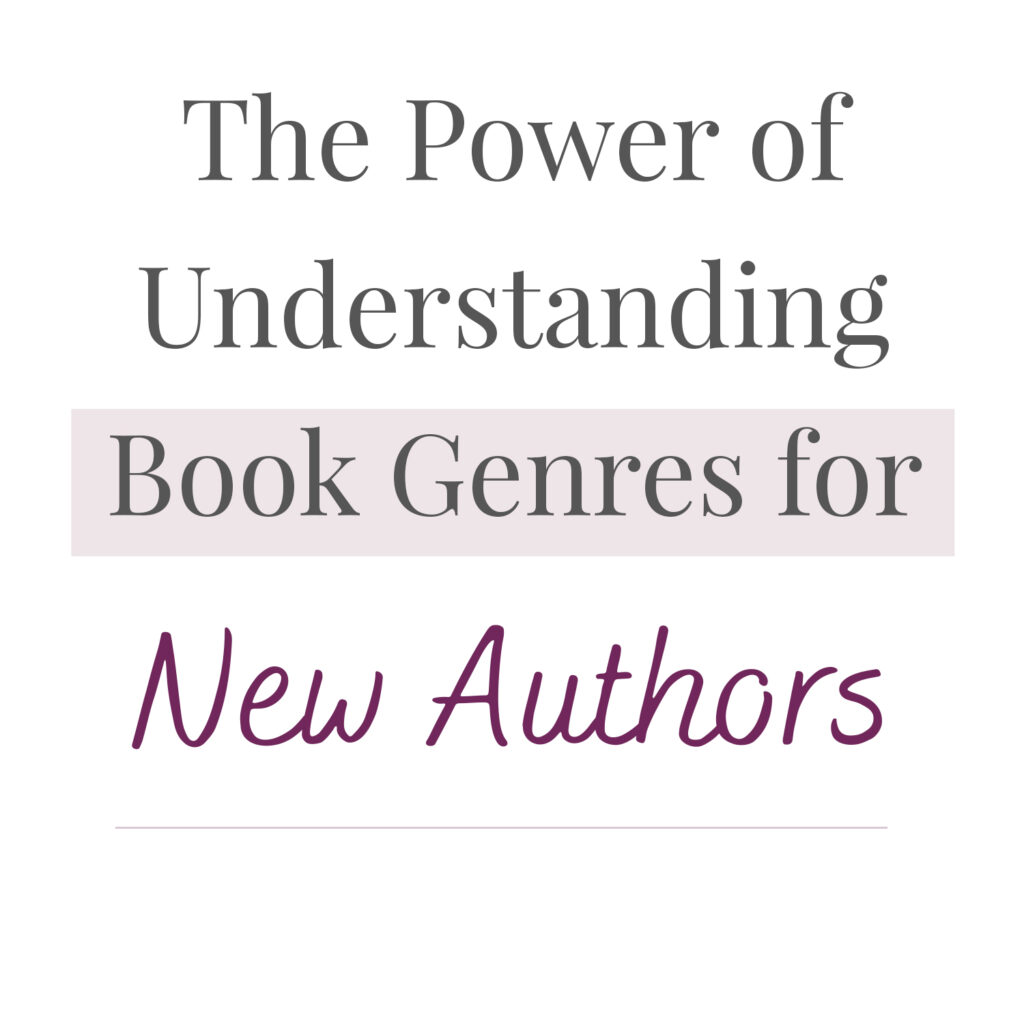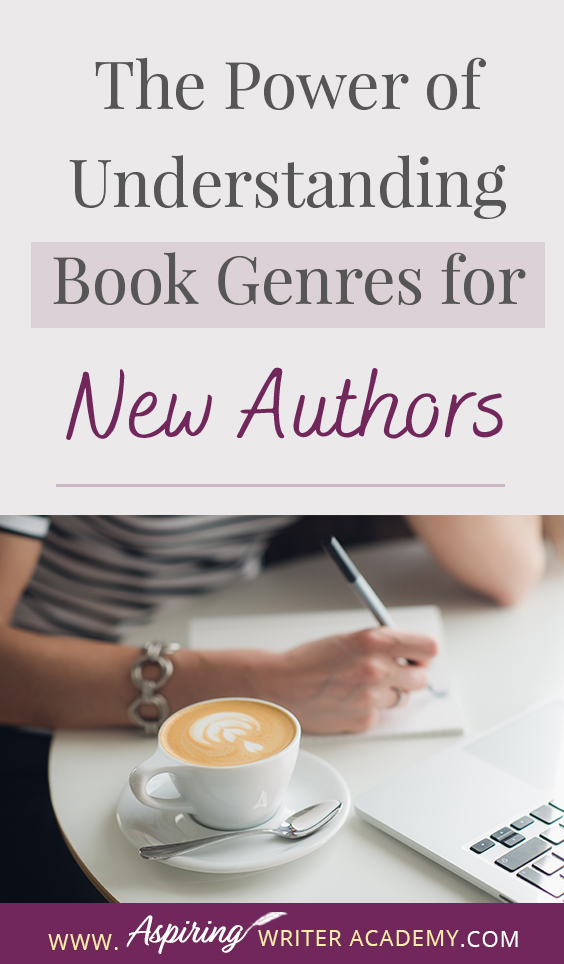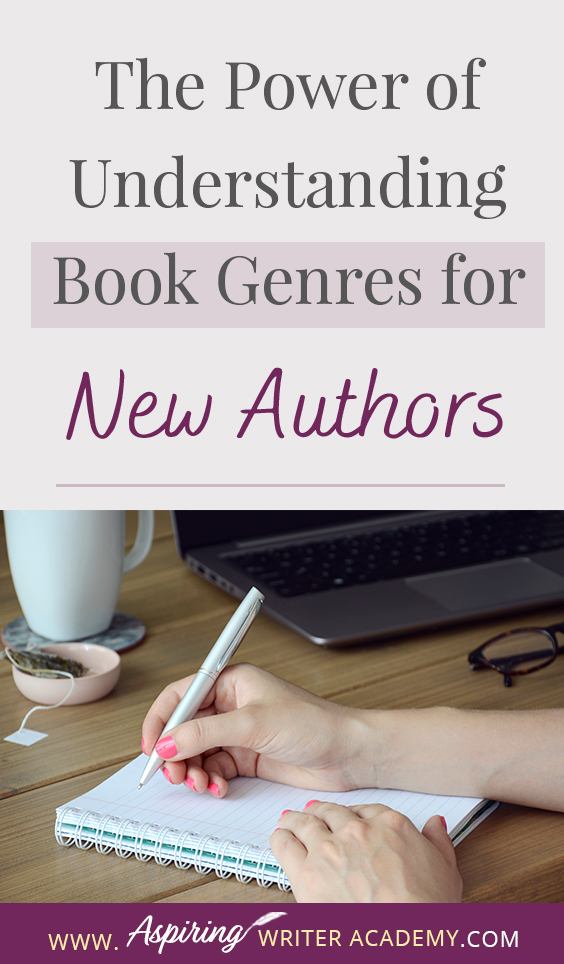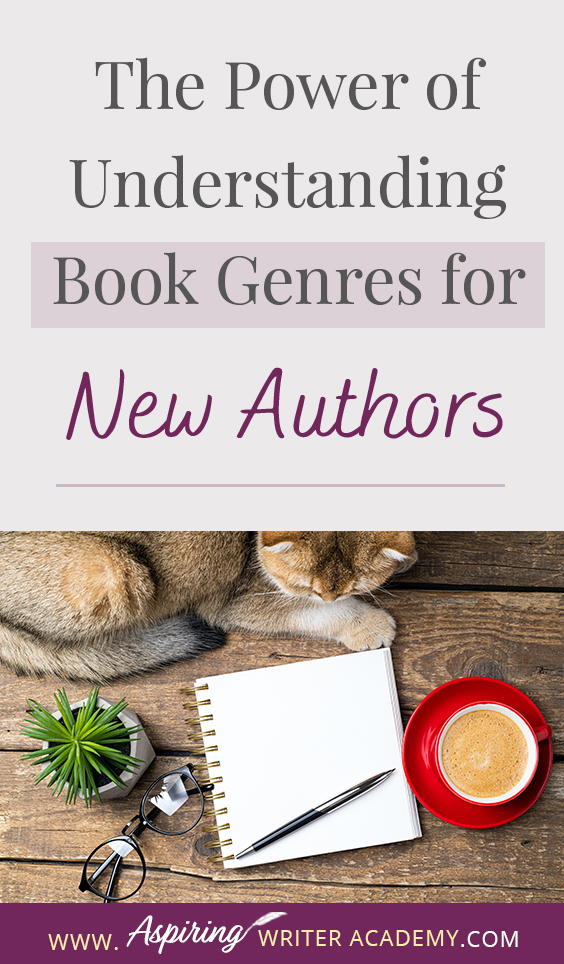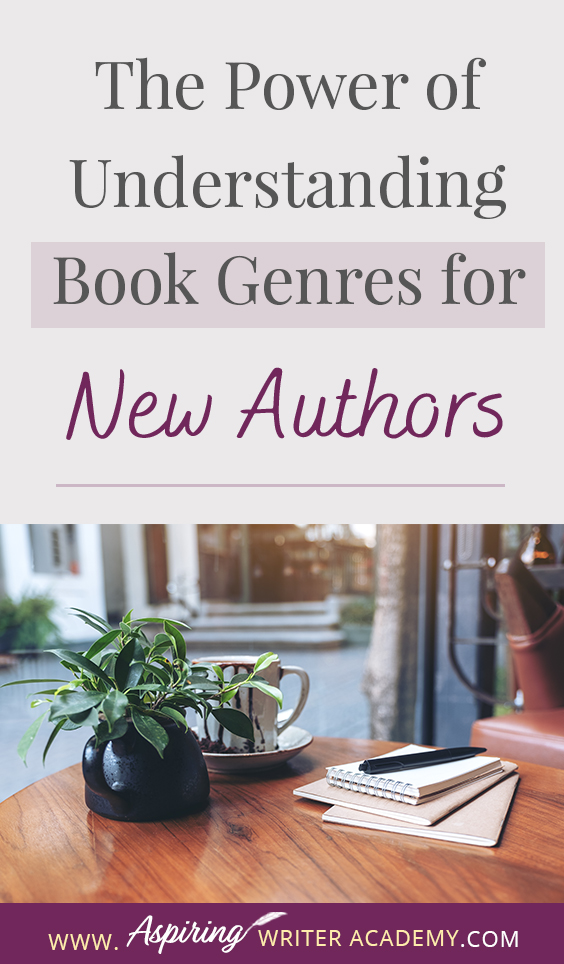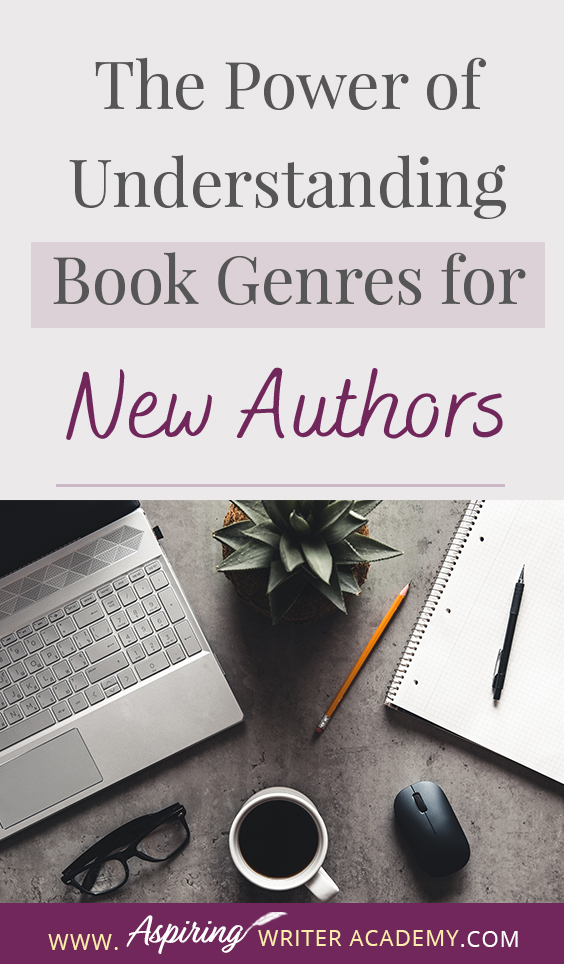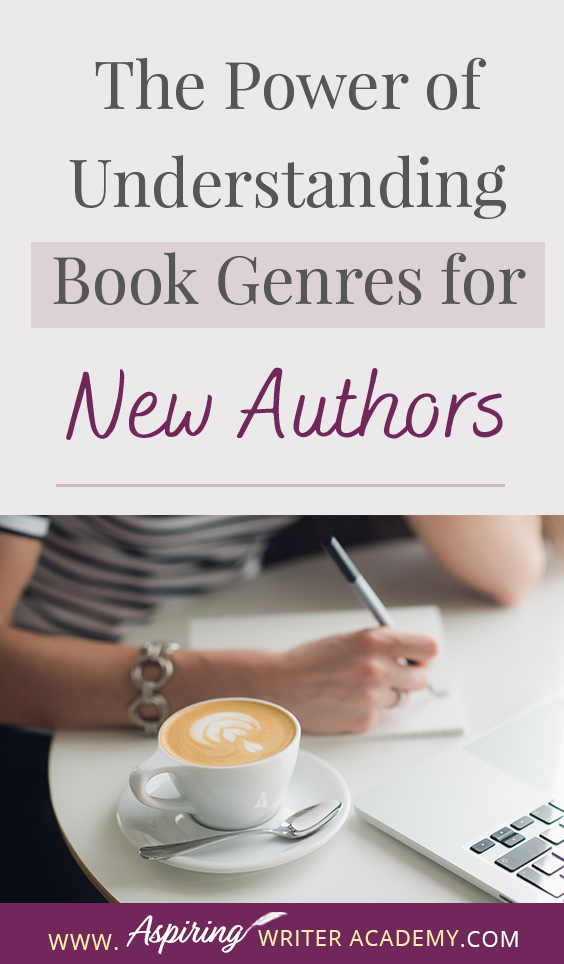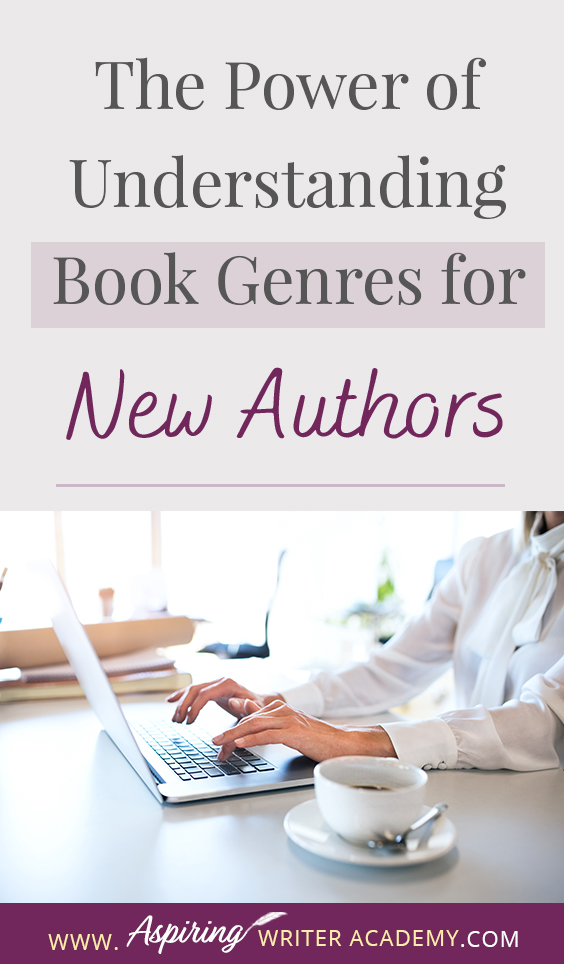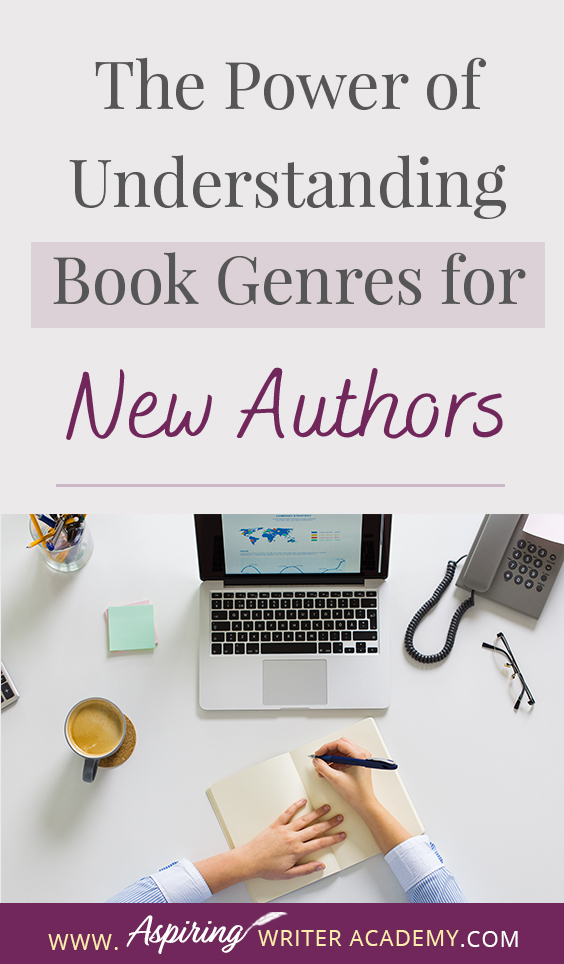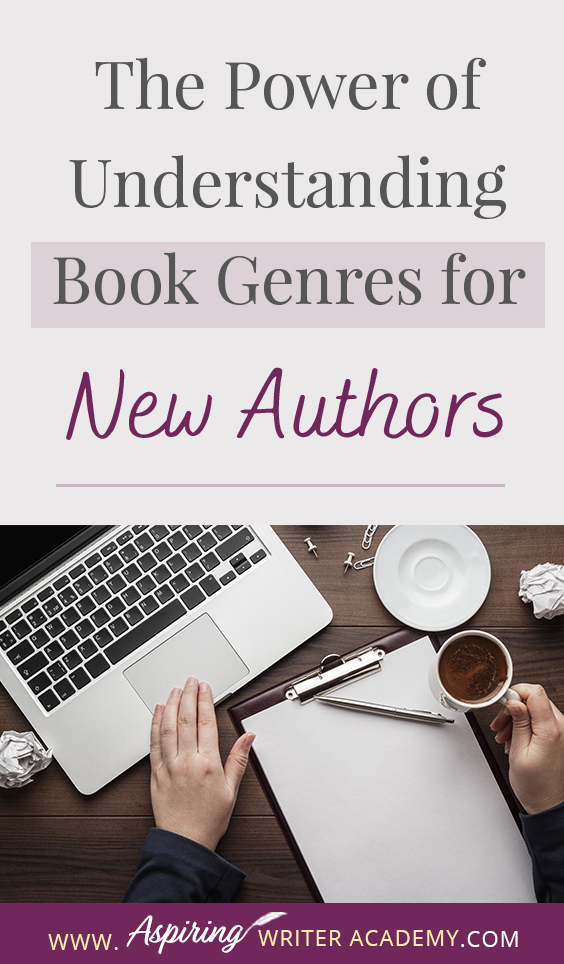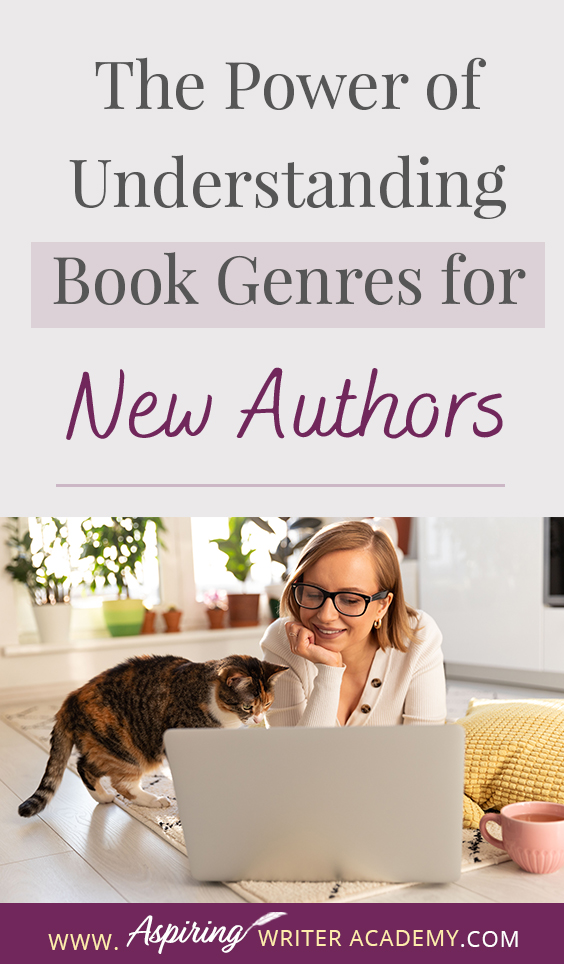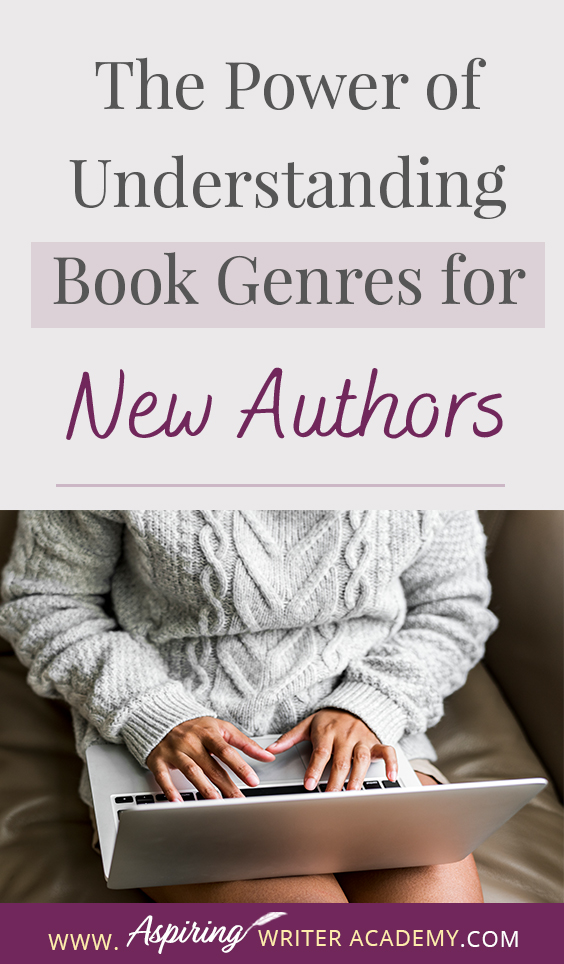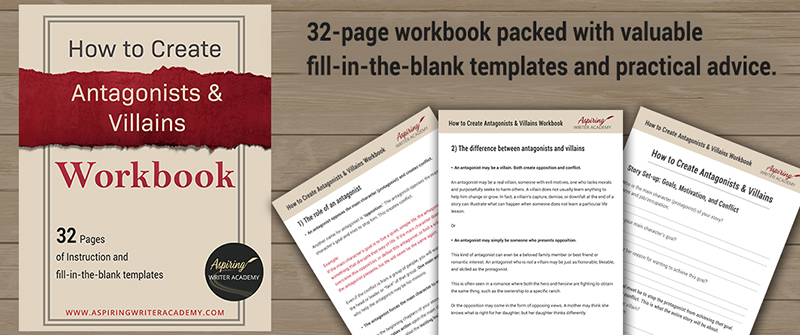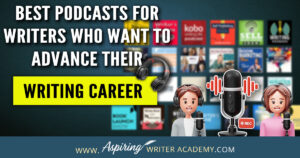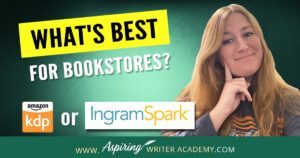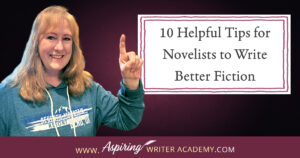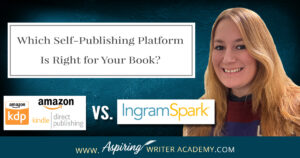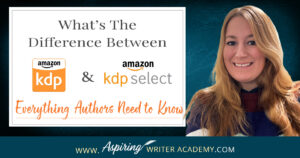The Power of Understanding Book Genres for New Authors
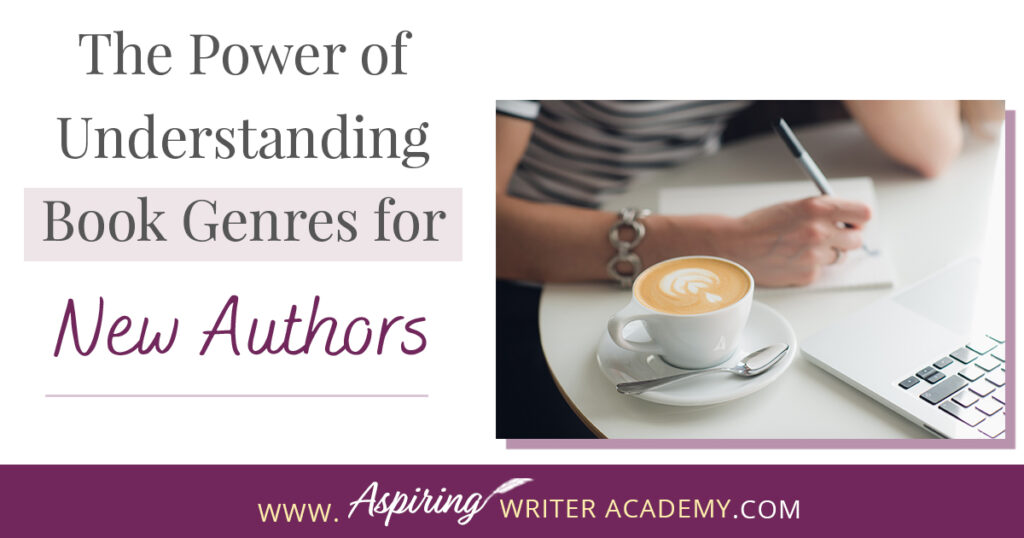
Understanding the genre you intend to write is crucial for authors starting a new book. A common pitfall many new authors make is that they begin writing their book without doing any market research into where their book fits in the publishing industry. Many authors are disappointed when they receive rejection letters from publishers who say their book does not meet the specifications of a genre. In this blog post, The Power of Understanding Book Genres for New Authors, we will discuss the importance and benefits of knowing your book genre to help you publish and sell more books.
What Is A Book Genre?
A book genre is a classification or category that is used to define books based on their themes, content, narrative style, and other common characteristics. Genres serve as a way to group similar books together making it easier for readers, booksellers, and literary agents to know what to expect.
Genres help readers find books that align with their interests and tastes and help publishers and literary agents navigate the massive sea of manuscripts and market books better to their intended audience.
Some common book genres include:
- Fiction: This is a broad genre that includes any narrative work created from the imagination, often involving characters, settings, and events that are not based on real life.
- Non-Fiction: This genre comprises factual and informative works, such as biographies, memoirs, essays, and textbooks.
- Mystery: Mystery novels involve solving a puzzle or uncovering a hidden truth, often featuring detectives or amateur sleuths.
- Romance: Romance novels focus on the development of romantic relationships between characters and explore themes of love, passion, and emotional connection.
- Science Fiction: Science fiction introduces speculative concepts, futuristic technology, and imaginary worlds that often explore the impact of scientific advancements on society.
- Fantasy: Fantasy works involve magical or supernatural elements, mythical creatures, and often take place in fantastical worlds distinct from our reality.
- Horror: Horror novels aim to evoke fear and unease in readers through themes of the supernatural, the macabre, and psychological terror.
- Thriller: Thrillers are characterized by suspense, tension, and high stakes, often involving danger, intrigue, and fast-paced action.
- Historical Fiction: This genre is set in a specific historical period and strives to capture the essence of that time while weaving fictional characters and stories within it.
- Young Adult (YA): Young adult literature is targeted at adolescent readers and typically explores themes relevant to their experiences and challenges.
- Children's Literature: Geared toward younger readers, children's literature includes picture books, middle-grade fiction, and early-reader books.
- Poetry: Poetry is a genre characterized by its use of rhythm, meter, and figurative language to convey emotions, ideas, and imagery.
These are just some examples of the most common genres. However, there are thousands of subgenres. Amazon has over 16,000 genres/categories to choose from.
Examples of just a few subgenres in romance:
- Contemporary Romance
- Historical Romance
- Regency Romance
- Paranormal Romance
- Fantasy Romance
- Sci-Fi Romance
- Romantic Suspense
- Holiday Romance
- Christian Romance
- Amish Romance
- Sweet Romance
- Western Romance
- Small-Town Romance
- Sports Romance
- Erotica Romance
- LGBTQ+ Romance
- Multicultural Romance
- New Adult Romance
- Clean Romance
- Time Travel Romance
- Second Chance Romance
- Billionaire Romance
- Medical Romance
- Steampunk Romance
- Cozy Mystery Romance
- Highlander Romance
- Mail-Order Bride Romance
- Rock Star Romance
- Office Romance
If you want to see more book genre ideas you may want to check out our blog post: The Ultimate List of Book Genres: 95+ Popular Genres & Subgenres
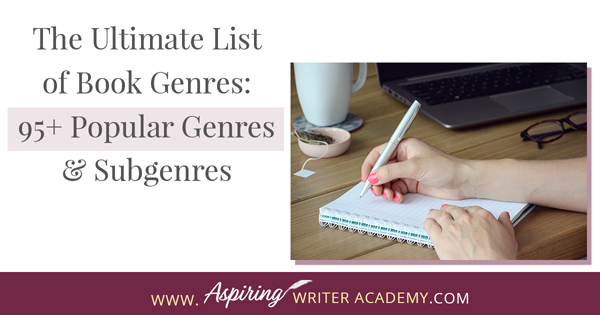
Why is Knowing Your Book Genre Important?
What do you write?
Can you answer this question in one sentence?
If not, you might not have a clear grasp of your book's genre.
Knowing your book genre from the start can help you write books that are closely aligned with what readers, editors, and literary agents are looking for. This will also help you market your books better and can lead to more book sales.
There are specific criteria for each genre that publishers, editors, and agents are looking for when considering books. Each genre has different styles, messages, and themes, that are expected by readers and publishers. There are also industry standards for the length of your book based on which genre your book falls in.
Benefits of Understanding Book Genres
- Know What Themes To Incorporate in Your Story
There are many benefits to understanding book genres. One of them is being savvy as to what themes should take place in your book based on its genre. Each genre carries its own set of common tropes, ideas, and subjects that readers have come to expect and eagerly anticipate. For instance, mystery novels thrive on suspense, intrigue, and the pursuit of finding out what happened, who did it, the unknown, and finding out the truth, while a book in the romance genre often has themes of love, connection, overcoming obstacles, and emotional growth. This mastery of genre-based themes empowers you to craft a story that seamlessly intertwines with readers' expectations, immersing them in an experience that's both familiar and captivating.
- Know What Kind Of Tone and Atmosphere To Use In Your Book
The tone and atmosphere in a book play a pivotal role in conveying the genre's essence. Horror novels thrive on suspense, fear, and eerie surroundings, while humor is a staple in comedy. Maintaining the appropriate tone and atmosphere is essential for immersing readers in the intended genre experience.
- Know Which Character Archetypes To Include In Your Novel
Different genres feature specific character archetypes that readers have come to expect. A fantasy novel might include a wise mentor or a reluctant hero, while a mystery often introduces a detective or investigator. Incorporating these archetypes adds depth and authenticity to your characters, making them resonate more effectively within the genre.
- Gain Familiarity With The Expected Narrative Structure
The structure of your story can significantly impact the way readers engage with your book. Mysteries often follow a pattern of introducing clues and gradually revealing the solution, while thrillers rely on pacing and tension-building techniques. Familiarize yourself with the typical narrative structure of your chosen genre and use it to your advantage.
- Become Aware Of Common Plot Patterns
Different genres have established plot patterns that guide the trajectory of the story. In romance, the central focus is the development of a romantic relationship, while in a mystery, the plot revolves around solving a puzzle or crime. Adhering to these patterns helps create a sense of familiarity for readers and meets their genre-specific expectations.
- Know The Expected Word Count For Your Particular Genre
Knowing what genre you are writing for can save you the headache of accidentally writing a book that is too big or small for what publishers are looking for. If you submit your manuscript to a literary agent or editor and they reject your book because it does not fit the word count they are looking for, that could mean that you might have to completely rewrite your book.
Instead, you need to research ahead of time and find out the average length of other books in your genre.
For example, a book that is written for young adults will have a different average word count length than a historical romance. A book written in the fantasy genre has a different average word count than a women’s fiction novella. Armed with an understanding of genres, new authors can tailor their submissions to cater to the preferences and expectations of the market, increasing their likelihood of acceptance.
- Understand Reader Expectations
Ultimately, writing within a genre involves catering to reader expectations. Readers pick up a genre-specific book with certain anticipations regarding its content and structure. Being aware of what readers are seeking in terms of themes, emotional resonance, and storytelling style allows you to create a more satisfying and immersive experience.
For example, a reader who is choosing a book that is supposed to be a comedy would not be happy if that book is a tear-jerker drama. Someone who is choosing a romance is often looking for a happy ending where, despite the odds, the couple gets together at the end.
- Understand Publisher Criteria
Publishers often seek manuscripts that align with the genre's norms, ensuring your work is marketable and appealing to a specific audience. Publishers look for books that follow established genre patterns but have unique twists and creativity. They want you to have a unique voice that brings these themes, characters, and stories to life in fresh new captivating ways. Every publisher is different and has their own set of criteria. It is best to research the publishing house you wish to submit to and read all the criteria on their submission guidelines.
- Have a Quick Classification to Tell Other Authors and Readers About What You Write
A benefit of knowing your genre is having a quick way to tell other authors and readers what you write without the need for lengthy explanations that risk veering into the territory of a 40-minute plot synopsis. When asked the question, "What do you write?" many new authors make the mistake of trying to explain everything in their book instead of giving a quick answer like "fantasy," "suspense," "historical romance," or any genre that captures the essence of what you write. If someone asks what the plot of your book is about, that is different than them asking what you write.
- Know How To Market Your Book
Another reason why understanding the genre you write in is important is marketing. Knowing the genre of your book can help you design your marketing plan and help you get your book in front of readers who would love your story. You would not market a romance novel the same way you would market a horror. You would not market a historical novel the same way as a science fiction novel. Each genre possesses a distinct audience with unique preferences, and readers actively seek cues to tell if a particular book matches their tastes. By understanding this, authors can market their books in a way that makes sure their book is found by their ideal readers.
If you would like more help finding a genre for your book you may want to check out our blog post: Finding Your Genre: Tips for New Authors
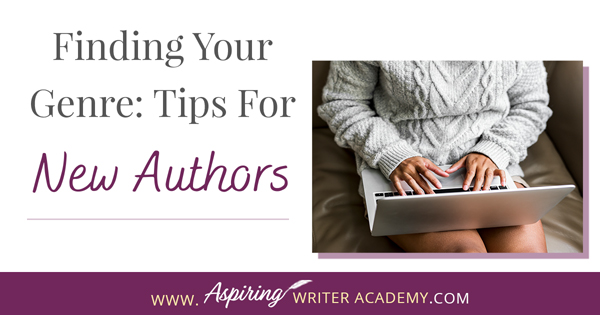
Word Counts For Common Book Genres
Every publishing company is different and an author should research what word count that particular publisher is looking for before submitting their manuscript. But below we are some rough breakdowns of optimal word counts for different genres.
Adult Fiction
- Literary and Commercial Fiction: Typically falls between 80,000 to 110,000 words, offering the space for character development and intricate plot arcs.
- Romance: Ranges from 80,000 to 100,000 words, allowing for the exploration of romantic relationships and emotional growth.
- Category Romance: Condensed to 40,000 to 75,000 words, it focuses on swift-paced romance narratives that capture intense connections.
- Mystery and Thriller: Typically spans 70,000 to 110,000 words, accommodating the suspenseful plot twists and tension-building inherent in these genres.
- Sci-Fi and Fantasy: Extends from 90,000 to 125,000 words, offering plenty of room for world-building and exploration of speculative concepts.
- Historical Fiction: Encompasses 80,000 to 120,000 words, providing space to immerse readers in a specific historical era while weaving engaging characters, plots, and stories.
Nonfiction
- Standard Nonfiction: Ranges from 50,000 to 80,000 words, allowing for in-depth exploration of factual subjects while maintaining reader engagement.
- Business/Professional Nonfiction: This is often 40,000-80,000 words to focus on in-depth concepts and guidance.
- Self-help/How-to: Condensed to 40,000 to 50,000 words, focusing on delivering concise guidance and actionable steps to readers.
- Memoir: Spans 80,000 to 100,000 words, offering ample space to delve into personal experiences, reflections, and insights.
Children's Books
- Young Adult: Typically falls between 45,000 to 80,000 words, catering to the complex themes and challenges of the young adult audience.
- Middle Grade: Ranges from 20,000 to 50,000 words, capturing creative and relatable stories that resonate with middle-grade readers.
- Chapter Books: Condensed to 4,000 to 20,000 words, these bridge the gap between picture books and longer middle-grade narratives.
- Early Reader: Encompasses 200 to 1,500 words (usually under 1,000 words), providing emerging readers with engaging stories and simple language.
- Picture Books: Typically condensed to 400 to 700 words, utilizing concise and impactful storytelling to captivate young readers.
Final Thoughts
Beyond categorization, book genres help give structure to writers, help give guidance on themes that should take place within their story, and help other authors connect and cross-promote. Knowing the rules and making sure your story stays in line with its genre can help authors increase their odds of getting picked up by literary agents, publishers, and increase sales by marketing their books to readers who will love their book. I hope that this blog post, The Power of Understanding Book Genres for New Authors, gives you a better idea of the importance of choosing a genre to write in before starting your book.
You May Also Like

Finding Your Genre: Tips for New Authors
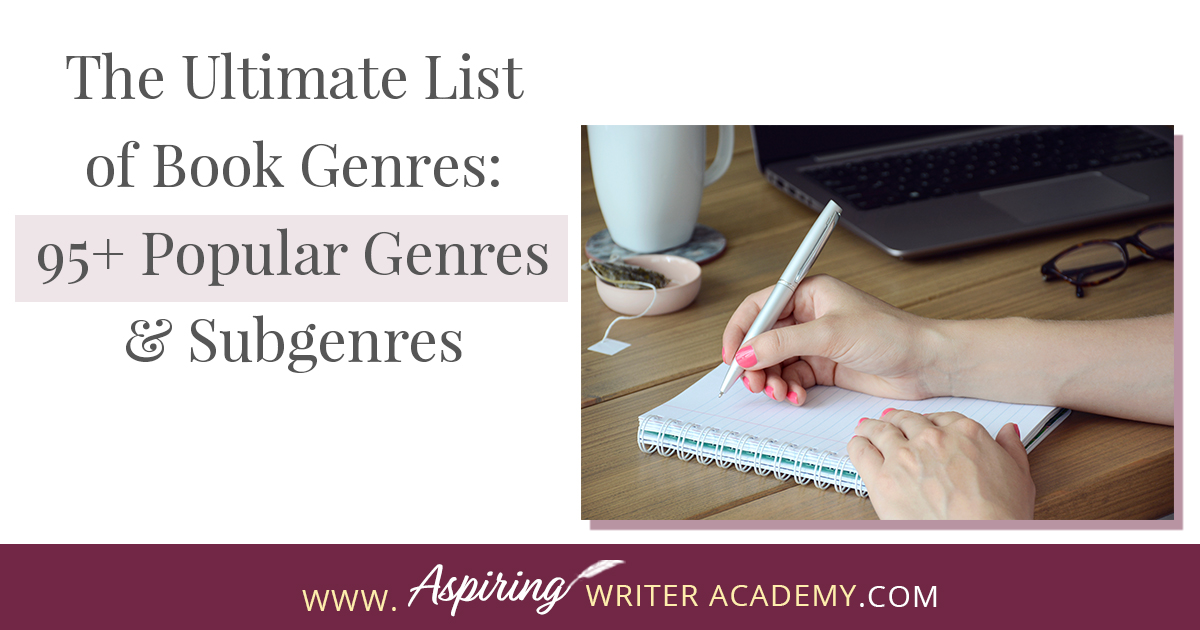
The Ultimate List of Book Genres: 95+ Popular Genres & Subgenres
If you have any questions or would like to leave a comment below, we would love to hear from you!
Do you find it difficult to create compelling antagonists and villains for your stories? Do your villains feel cartoonish and unbelievable? Do they lack motivation or a specific game plan? Discover the secrets to crafting villains that will stick with your readers long after they finish your story, with our How to Create Antagonists & Villains Workbook.
This 32-page instructional workbook is packed with valuable fill-in-the-blank templates and practical advice to help you create memorable and effective antagonists and villains. Whether you're a seasoned writer or just starting out, this workbook will take your writing to the next level.
Our Goal for Aspiring Writer Academy is to help people learn how to write quality fiction, teach them to publish and promote their work, and to give them the necessary tools to pursue a writing career.
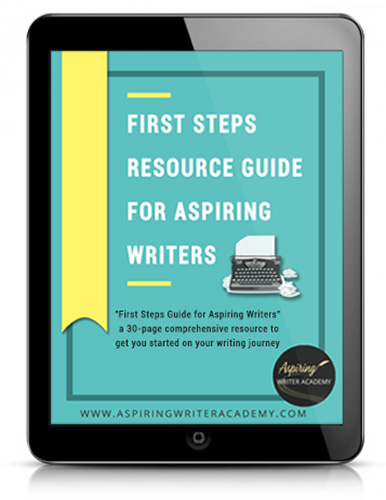
ENTER YOUR EMAIL
TO GET YOUR FREE
"First Steps Guide for Aspiring Writers" a 30-page comprehensive resource to get you started on your writing journey.
Other Blog Posts You May Like
Why We Started Aspiring Writer Academy: Our Story
50 Top Resource Books for Fiction Writers
3 Levels of Goal Setting for Fiction Writers
Fiction Writing: Office Supplies to Help You Prepare to Write Your Next Novel
Fiction Writing: 5 Key Differences Between a Novel and a Novella
Write Your First Novel: How Do You Start?
Do You Dream of Being a Published Author? (How Bad Do You Want It?)
Who is an ‘Aspiring Writer?’ 3 Tips to Escalate Your Career No Matter What Level You Are At
How to Write the Midpoint of Your Novel (and Avoid a ‘Saggy Middle’)
20 Items to Bring to Your First Writer’s Conference
How to Find a Great Story Idea in 4 Easy Steps
How to Write a Novel While Working Full Time
Slingshot Week: How to Set New Goals for Writing in 2023
The Pros and Cons of Writing Holiday Fiction (Collections & Anthologies)
Fiction Writing: How to Find a Critique Partner/Group
